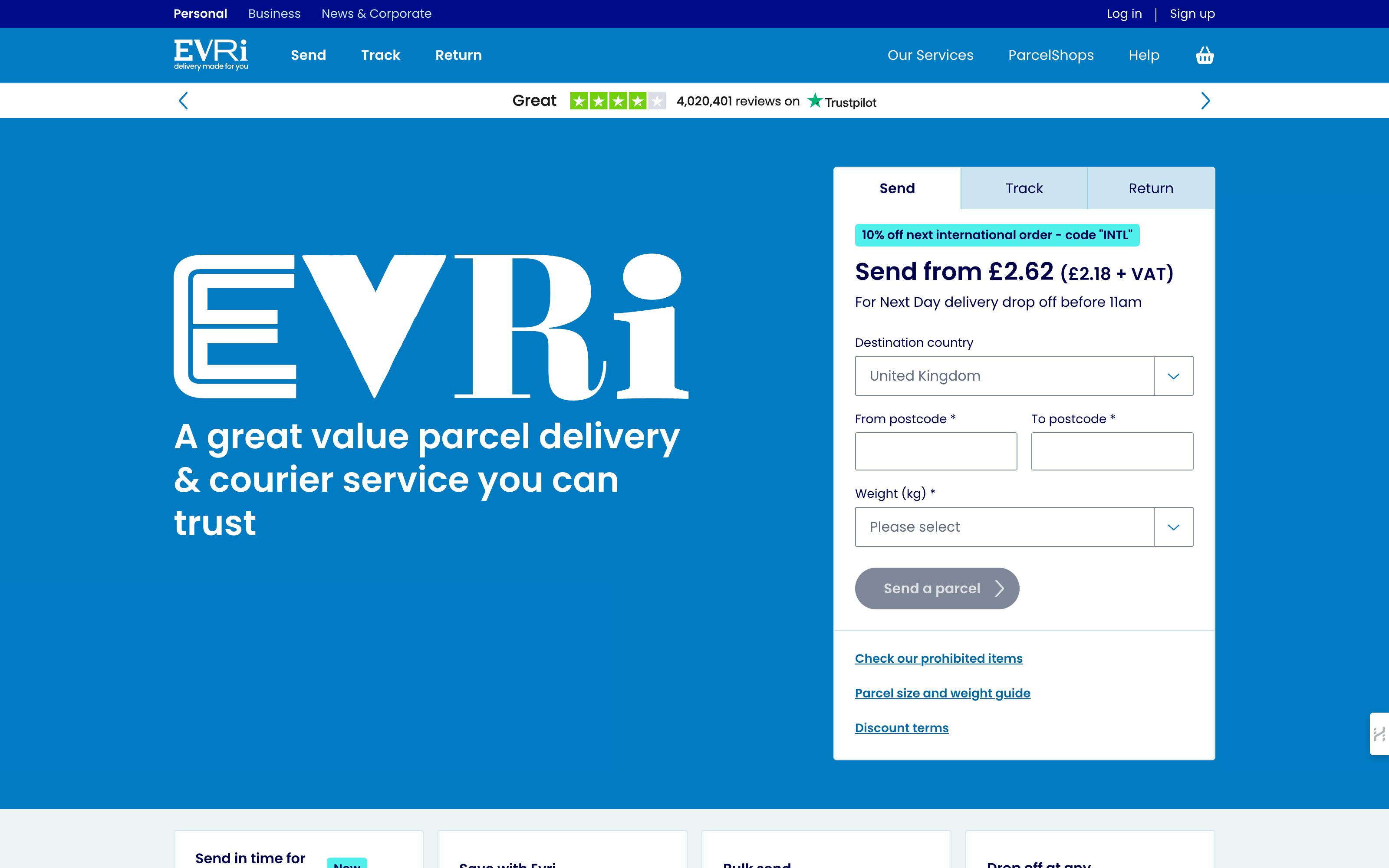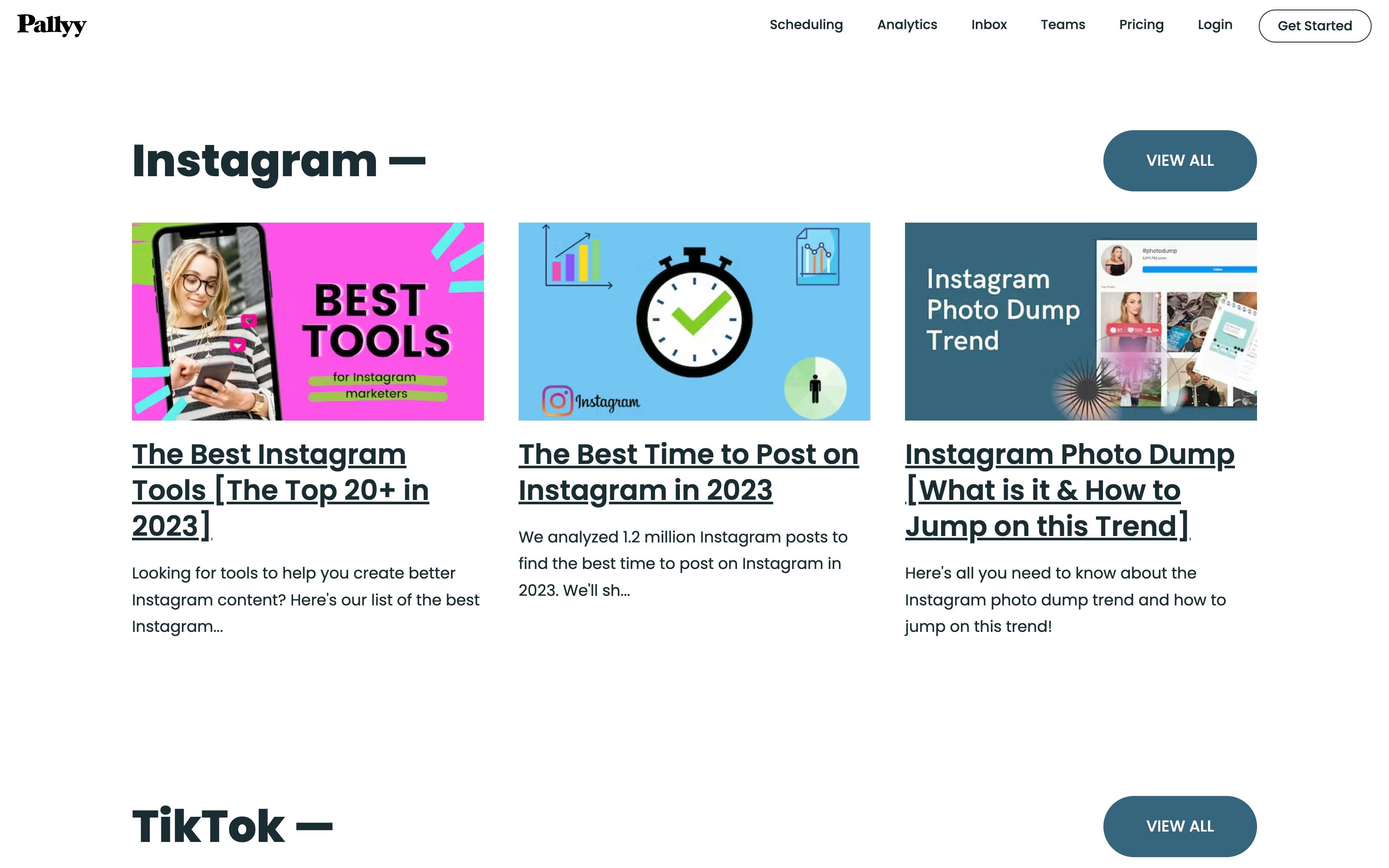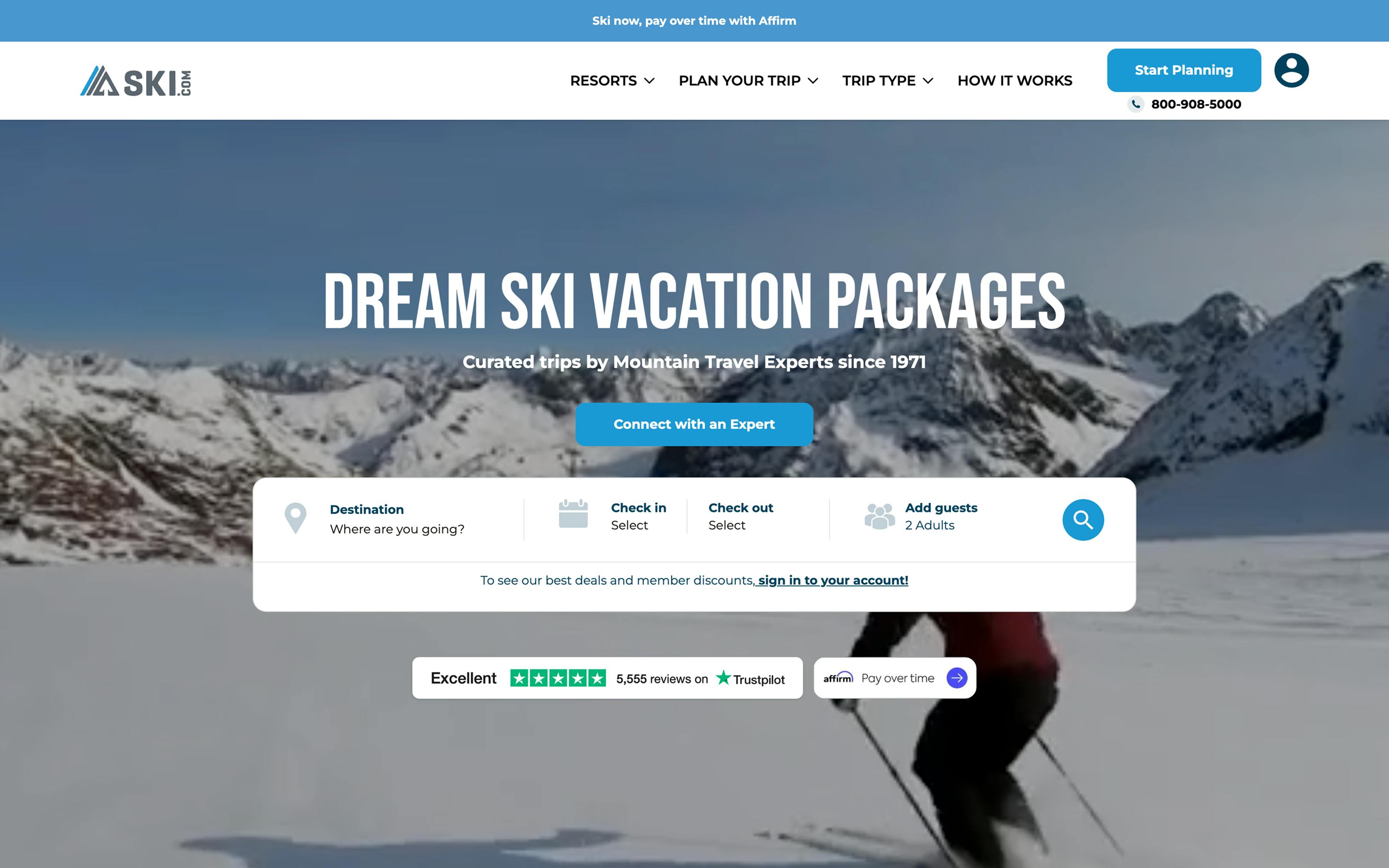10 Skills Needed to Succeed as a Freelance Web Developer
 By Coner Murphy
By Coner MurphyIt might come as a surprise, but becoming a successful freelance web developer requires more than just being a web developer. It’s true that the development work stays the same; for example, a full-time JavaScript developer might work on a Next.js website in the same way a freelance developer would. After all the language hasn’t changed just because your job title changed.
But, rather it’s the things that go along with running your own business that you now need to think about. Things like accounting, marketing, future projects, and project management. In the past, you might have been working with people who each do one of those jobs and that’s it. But, now as a freelancer, it falls on your shoulders to handle them all.
So, in this post, we’ll be exploring the various skills that you need to succeed as a freelance web developer. Of course, we’ll be covering some technical skills but we’ll also be looking at the skills you need to run a business and as an individual who is now branching out on their own.
Technical skills
Technical skills are the skills we traditionally think of for developers. These are the skills that you need to complete the services you offer and pitch to clients. That could be anything from back-end development to front-end React development or AWS consulting. If you are to succeed as a freelancer you need the skills to deliver on the projects and pitches you give to clients.
Learning efficiently
It’s pretty well-established that if a developer claims to know everything, they’re likely lying. The tech world today is changing faster than ever and new technologies are being born every day so as a freelancer, you need to keep the latest web development news and adapt to the changing times when needed.
If you’re able to learn new ideas and skills quickly, you can uniquely position yourself in the market when new technologies and tools gain traction. But, this is only possible if you’re able to learn quickly so the question becomes: how do you do that?
Now, the true answer to this question is unique to everyone, but what you do need to know is how you learn best and can maximize your learning. It doesn’t sound like a skill but being able to efficiently digest information and turn it into meaningful actions can put you in powerful positions to be a dominant force in the market before others.
When it comes to learning how you learn best, try to experiment with different methods. There’s no single best way to learn for everyone so the best way to find yours is to jump into an experiment. Then when you’ve found the methods that work for you, focus on implementing them into your workflows and systems.
Get a free starter kit to help find your first client!
Check out our starter kit Notion template to help you kick off your web development freelance journey successfully!
Development skills
It’s nice having all the other skills to be a successful freelancer, but if you don’t have the actual skills to deliver on your projects, then you won’t be in business for very long. At the end of the day, if people are paying you to be a developer, you should have the skills needed to deliver on the work.
Of course, it’s okay to push yourself to try new things and go for projects using technologies you haven’t worked on before. For example, if you’re a JavaScript developer who normally uses React but a project comes up using Vue, it’s acceptable to go for it. After all, the core language and skills haven’t changed, so provided you learn the best practices unique to that tool or framework and you’re upfront with the client about your level of experience, there shouldn’t be an issue.
But, if you’re only a JavaScript developer and a project comes up in C#, it probably isn’t a wise decision to take on that project. Not only haven’t you used the language before, but they’re completely different from each other, meaning there is likely to be a large skill gap you need to fill before even starting the work.
What you want to avoid doing is over-promising results and then under-delivering on the final product. Not only will clients be unhappy, but it could also potentially sour a good business relationship and ruin the possibility of future projects and work with them. If you want to avoid disappointing clients and ruining relationships, a good way of approaching new projects, is targeting ones you already have the skills for or are actively learning and interested in pursuing.
Impartial thinking
Sometimes the best solution for a client’s problem might not be the solution that directly aligns with your favorite technology, service, or interest. So, you have to be able to think outside of your own biases to ensure the best solution is picked for the client and the project.
For example, it’s quite common for developers to like writing their blogs in Markdown because it’s quick and easy for developers to use as they’re already comfortable with a code editor and Git. But, is this the best solution for someone who runs a local non-tech business and is looking to generate more traffic to their blog? Probably not. They would be much better off with a headless website builder like Prismic that offers an easy-to-use interface for them to update their website’s content on the fly.
What matters most isn’t always the tech stack being used on a project. Sometimes it’s the client’s satisfaction with the finished project and enabling them to achieve their goals.
Stay on Top of New Tools, Frameworks, and More
Research shows that we learn better by doing. Dive into a monthly tutorial with the Optimized Dev Newsletter that helps you decide which new web dev tools are worth adding to your stack.
Business skills
Although some may not like to call it one, the reality is as a freelance web developer you are running a business. So, while it might not be natural for you to think like a businessperson, you have to adapt and learn the skills of one.
This could be anything from project management to the basics of bookkeeping and accounting or branding and marketing. There is no shortage of skills to learn here; it’s all about learning the skills that help solve the problems facing your business so you can take it to the next level.
Organization
The foundation of a successful business is good organization, whether it be organizing client meetings, project files, contracts, proposals, invoices, or backups of important information and business documents. The reality is if you want to spend more time working on client projects and building your business, you need to have organization and efficiency at the core of it.
It can be easy to put off admin and keeping an organized structure and instead focus on the work coming in but what happens when it’s time to get paid? Did that client pay already? What were the terms of the deal? And, how much are they paying right now? Unless you have a good system in place, answering these questions can easily send you into a rabbit hole of looking through past conversations and emails trying to find answers.
Time and project management
When it comes to running a business there are many moving parts that need to keep moving or things will grind to a halt. Whether that’s meetings with clients, hitting deadlines, or outlining the work in milestones and completing them.
The reality is while in a full-time role you may have had a project manager chasing you for every deadline, now you don’t and it’s up to you to keep honest with yourself and truthful with the progress you’re making. You need to ensure you’re on target to meet the deadlines and allocate the necessary resources and time to make the targets and goals of your project a reality.
Now, as a developer, project and time management might not come naturally to you but this is fine. You could start small by setting aside some time at the start of each project to assign yourself some milestones based on the logical parts of the project. They could be design, development, and review for example. Then over time as you get more comfortable and more experience you could try out new project management techniques to see what works best for your workflow.
Ultimately, when it comes down to it, missing deadlines and not delivering on the commitments you made is one of the fastest ways to jeopardize a business relationship and ensure clients don’t come back for future work. Conversely though, managing a project well can lead to a prosperous relationship that brings future work (which can ultimately save you time on this next skill).
Marketing and branding
Regardless if you’re operating under a business name or not, as a freelancer you’re out there on your own. You need to find a repeatable funnel of new work and clients to pay the bills or you won’t be in business for much longer. This is where branding and marketing come in.
I know a lot of developers roll their eyes when they hear the word marketing but the unfortunate truth is as a freelancer it’s something you need to do. You need to be able to effectively market yourself and build a brand around the services you offer.
Ultimately, you want to achieve a strong enough market presence that clients come to you and you don’t need to do any sales pitches, etc. People know they want you because of the work they’ve seen from you in your marketing and branding.
One of the best ways to achieve this effect is by sharing your work in public and the journey that projects and clients go on with you. You can share via a blog or via social media. But, by sharing the journey, you’re not only sharing your work, but you’re also building a reputation and social proof, which could put future clients at ease when researching you.
Now, at a more specific level, this could include things like SEO and building a strong presence on social media that targets the work you want to attract. For example, if you build marketing websites for coffee shops, you’d want to market and brand yourself accordingly so when people search for “coffee shop website developer” (assuming there’s a lot of people searching for that), your name and company pop up.
Networking
If you’re a full-time employee, it’s most likely the case that work is being brought to you and you’re just being pointed at projects or tickets to work on day to day. As a freelancer developer, you now need to fend for yourself and find your own projects and work to pay the bills.
This means you need to network to meet new people, expand your connections, and build upon old ones to ensure that people think of you when they need something done in your niche or with the technologies you work with.
But, don’t just stop at networking with businesses and potential clients where it might be most obvious to network for new work and opportunities. Also, consider networking with other developers, both freelance and employed. Why? Because it’s quite common for developers to pass work that they don’t have time for to other qualified developers they know.
Another benefit of networking with developers and building your connections is you can fall back on them for support if needed. If you’ve taken on a project that is a bit out of your comfort zone like being a React developer working on a Vue project, you might have questions to ask. If you have a network of developers, some of whom are experienced in that technology, they might be able to help you out when you need it most.
Finally, you could also go one step further than developers and build relationships with agencies. Sometimes agencies don’t have the in-house capacity to handle all the work they have going on, so they may want to bring in outside help from time to time. Or, they might not have any in-house development resources (as might be the case for a graphic design agency, for example), but still offer services that often accompany website projects. They’ll still want someone they can trust to deliver high-quality results for their clients.
People management and delegation
Finally, for the last section in our business skills, we have people management and delegation. It’s not something you might immediately think of for successful freelancing; after all, doesn’t freelancer mean being on your own?
Well, yes and no. Sure, as a freelancer you might not employ people full-time as that is more of an agency model. But, even as a freelancer you can still outsource tasks you don’t like doing.
For example, designing might not be something you enjoy or have the skills to do, so for projects that need design work you might outsource to a designer. Or, you might be looking to work on your SEO goals but don’t like writing content so you could outsource this to a writer.
Just because you’re a freelancer, it doesn’t mean you can’t work with people and bring others onto your projects. But, what it does mean is you’ll need the skills to get the best out of outsourcing. You’ll need people management skills and to be more organized in your approach to projects; how often will you sync up with each other? What work will you pass to them? How much autonomy will they have? You’ll need to face these questions and challenges to get the most out of outsourcing.
You should also check out:
Personal skills
Finally, we have personal skills. These are the skills that aren’t related to your business or the services you offer directly but are instead more like soft skills that you use every day when working on projects or communicating with clients.
This category of skills might not seem very important or traditional, but, without them, you might find it harder to win and retain work or deliver on the promises you’ve given to clients.
In essence, these are the types of skills that help you stay calm under pressure, communicate effectively and ensure a project gets delivered on time and at a high quality.
Communication and charisma
The reality is you could be an unbelievably good developer, but if you can’t communicate effectively with potential clients about their projects, ideas, and needs, it’s unlikely you’ll win the work or fully understand what the client needed in the first place. If they have questions about the project and you can’t answer them to put them at ease, will they want to work with you?
At the end of the day, you want to give each client the impression that you’re the person for the job and that you understand the requirements and needs for the project so you can deliver it to a high standard. You won’t achieve this by pretending you know everything and expressing how good you are. Instead, you want to listen to them and respond to the questions they're asking sincerely and honestly using your knowledge and experience to inform your answers.
Also, while we’re on the topic of communication and talking with people, you want to be charismatic. Potential clients likely don’t have to use you for the project, there could be 10s, if not 100s, or more people willing to take on the work and complete the project. So, you want to be charismatic — you want people to like you and want to work with you.
If you annoy people and speak or act rudely to them, it’s unlikely you’ll be getting the work but if you can build a good rapport with them, you may just end up with a repeat customer coming back time and time again.
Commitment and persistence
For the vast majority of people building a freelance business takes time and can be incredibly tough on you physically, mentally, and emotionally. The peaks and troughs in income and work can be worrying so you need to be able to trust in yourself and your skills to persevere through the tough times.
If you drop out or call it quits as soon as the going gets tough, it’s unlikely your freelance business will succeed and become a sustainable source of income for you. Of course, it’s unlikely your business will become an overnight success, there will be times filled with doubt and worry but it’s about having the confidence and persistence to push through these times and stick to your commitment to building a successful freelance business.
Final thoughts
Unfortunately, as much as I’d like this list to be a definitive list, it isn’t. There are loads more skills out there that would benefit you and the niche you’re targeting within the web development space. This could be design skills for a UI/UX developer or it could be SEO and marketing knowledge for someone targeting Jamstack marketing websites.
So, instead of trying to create a single definitive list of every skill, you need to be a successful freelancer, this list is universal irrespective of the freelancer you’re aiming to become.
Finally, as a closing note, I just want to say that anyone can be a successful freelance web developer. Some may need to learn more skills, some less. Some may be successful in three months, others in three years. There really is no definitive path as everyone’s journey is unique to them. But, the one overarching piece of truth is that just because you don’t have the skills now, it doesn’t mean you never will. You simply have to get started!





